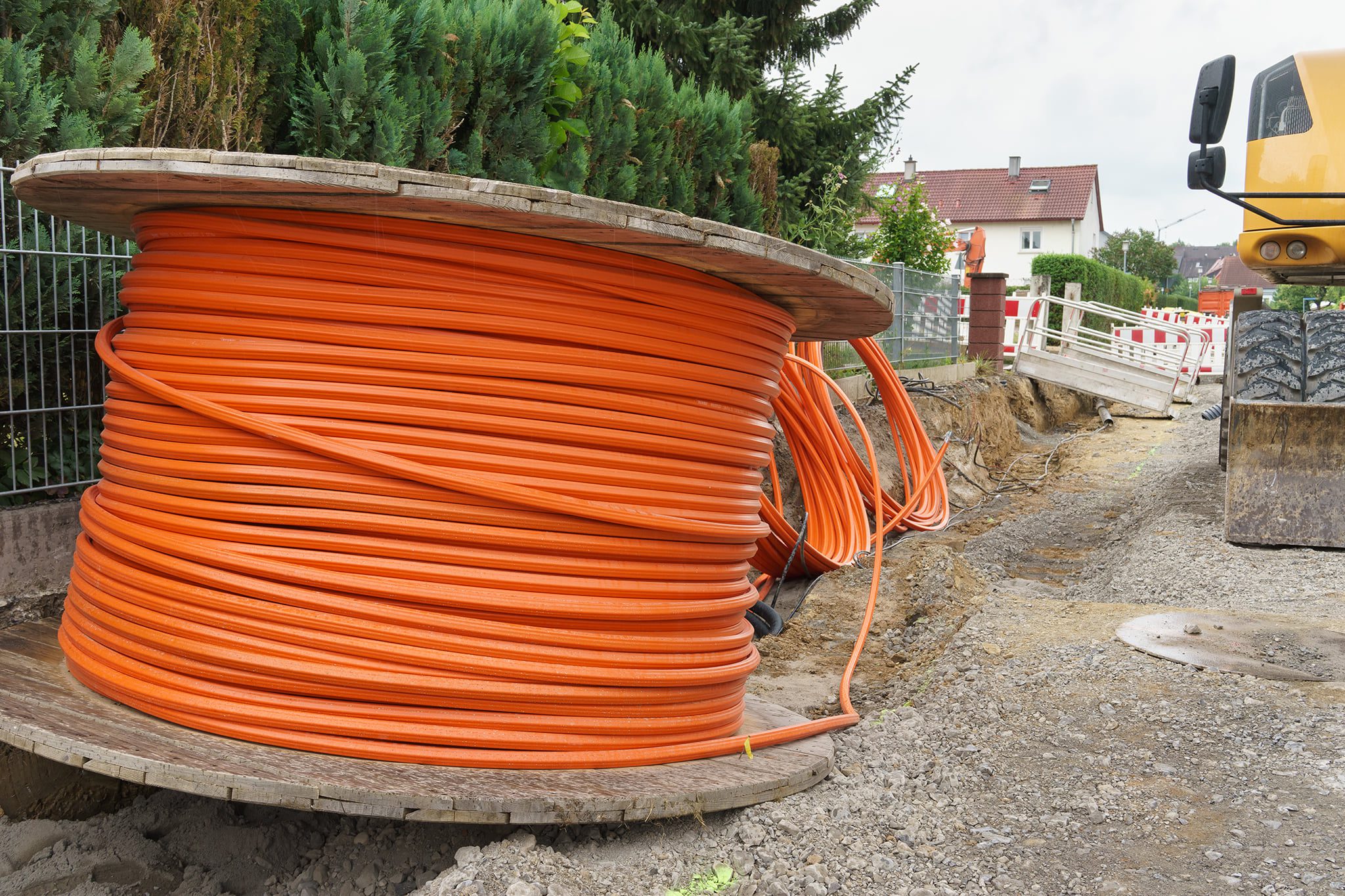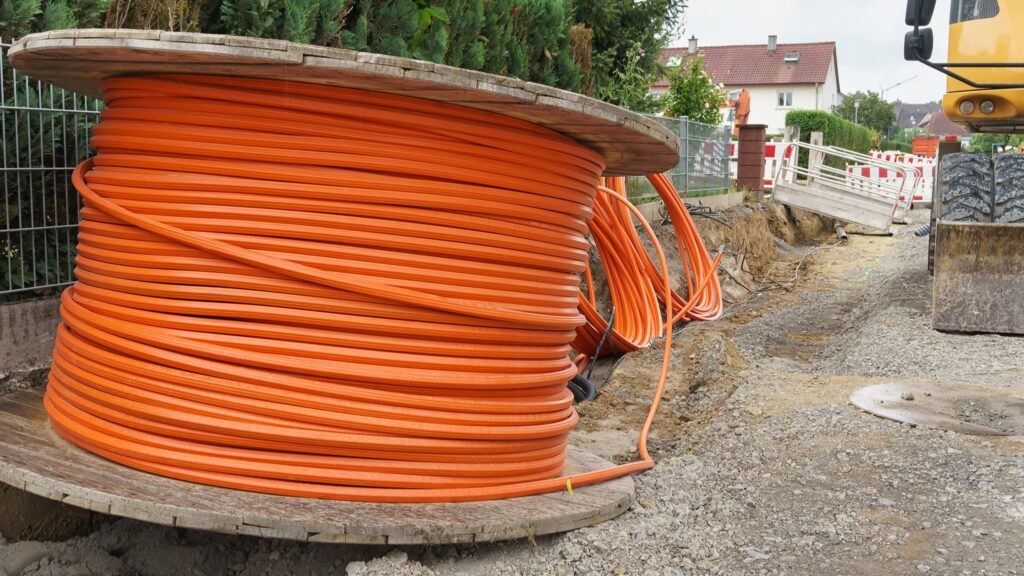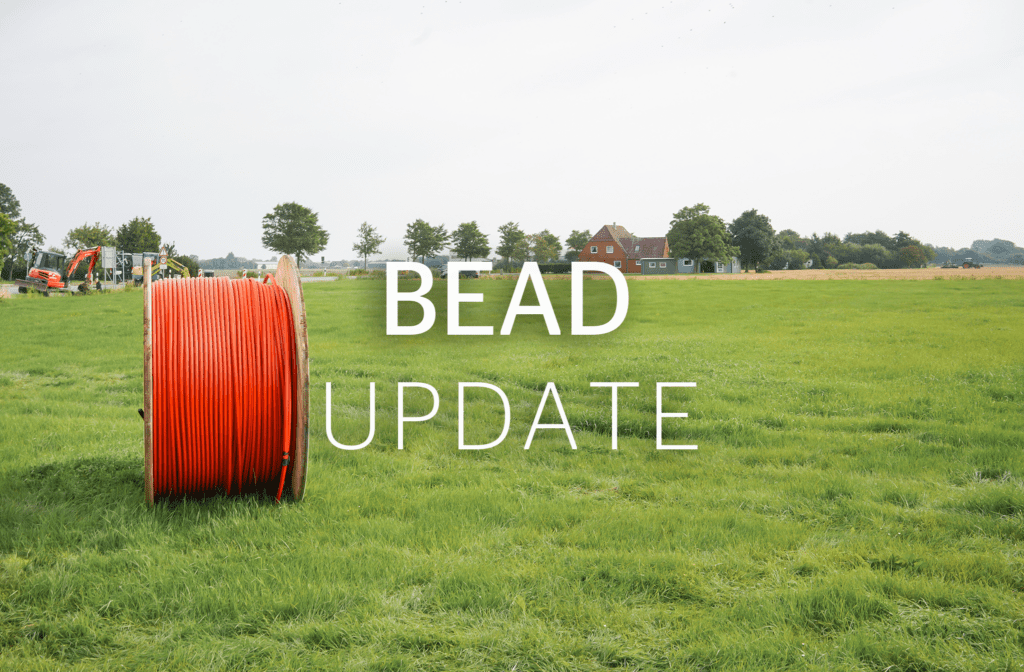Commission Splits Over “Reasonable and Timely” Portion of Section 706 Report
Randy Sukow
|

For the first time in three years, the FCC released an update on broadband growth in the United States. Despite Congress appropriating billions of dollars to fund broadband projects in recent years, the Commission declared by a 3-2 partisan vote that advanced internet services are not reaching Americans in “a reasonable and timely fashion.”
In the same document, the FCC also approved a change in the broadband benchmark from the 25 Mbps downstream/3 Mbps upstream standard adopted in 2015 to 100/20. The change brings the benchmark in agreement with speeds other federal agencies already use for broadband support programs, such as the Broadband, Equity, Access Deployment (BEAD), the Commission said. At the same time, it also set a benchmark for mobile broadband service at 35/3. And the Commission set a “long-term goal” for all homes to eventually have 1 Gbps/500 Mbps service.
Section 706 of the Telecom Act of 1996 directs the FCC to assess the progress of “advanced service” and authorized it to take additional measures if finds Americans are not receiving broadband service in a “reasonable and timely fashion.” Republicans on the panel, however, said the new report has little to do with assessing the current state of broadband and everything to do with the FCC’s expected decision to reinstate Title II regulation for internet providers later this year.
“In a regulatory environment where the FCC believes that doling out a failing grade will give the agency more power, I don’t think it is too surprising … that this Commission landed where it did. But the FCC’s basic data and legal errors will ultimately sink whatever future decisions rely on this report as a justification or basis for action,” said Commissioner Brendan Carr said at the conclusion of a detailed dissent.
Carr questioned the Commission for using 15-month-old data to make its determinations, skipping over the two most recent Broadband Data Collection (BDC) data updates. Current Version 3 BDC data shows 151.8 million fixed terrestrial locations receiving 100/20, an increase of 6.1 million over the previous Version 2 and demonstrating an uptick in construction due to the funding programs. He also pointed to similar increases in fixed wireless service at 100/20. He also claimed that the report ignores a sharp increase in availability of low-Earth orbiting Starlink service since late 2022.
The Commission majority heavily relied on a new factor – affordability – to reach its conclusion. Commissioner Geoffrey Starks pointed specifically to the sunsetting Affordable Connectivity Program (ACP), a Covid-era program to connect low-income households which Congress so far has declined to renew. “Over 23 million American households have relied on the ACP to subscribe to broadband. These households will soon confront a hard choice between bill shock and disconnection. We should not let that happen,” he said.
“For low-income rural Americans, the ACP has been a lifeline to ensuring they have access to connectivity,” said Commissioner Anna Gomez. “For rural Americans who are yet to be served, the end of ACP means that the [BEAD] program’s $42.5 billion investment in broadband infrastructure may not reach them.”


